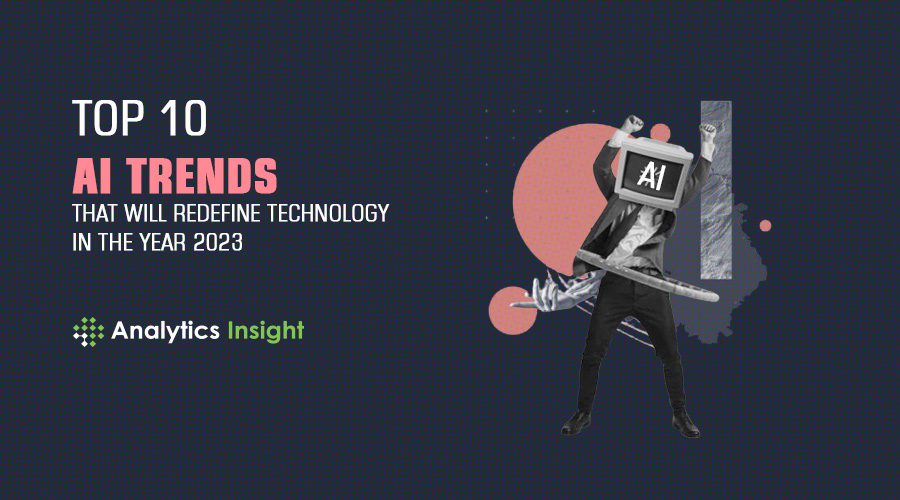Artificial Intelligence (AI) technology has made significant strides forward in recent years. From natural language processing (NLP) to deep learning, AI is revolutionizing the way businesses conduct operations. Advances in AI have given rise to several technologies, such as autonomous systems, Edge AI, and Quantum AI, which have significantly impacted industries such as health care, finance, and education. Explanatory AI and cognitive AI have made AI systems more understandable and reliable, and they have the potential to transform how we interact with AI. The future of AI is full of endless possibilities, but the ten cutting-edge advancements mentioned in this piece will shape the future of AI.
10 Cutting-Edge Advancements in Artificial Intelligence Technology
Artificial intelligence (AI) technology continues to make remarkable leaps forward in terms of what it is capable of achieving. From machines that can think and learn on their own, to those that can talk and interact with humans, AI is changing the face of business, education, healthcare, and more. Here are 10 of the most cutting-edge advancements in AI technology.
1. Deep Learning
Deep learning is a subfield of machine learning that involves building algorithms that can learn from large datasets using neural networks. Deep learning is particularly powerful when it comes to image and speech recognition, making it an important component of today’s AI systems.
2. Reinforcement Learning
Reinforcement learning is another subfield of machine learning that involves teaching algorithms to learn from experience. In this case, the algorithms are “rewarded” for making correct decisions and penalized for making incorrect ones. Reinforcement learning has been used to create AI systems that can beat humans at complex games like Go and chess.
3. Natural Language Processing
Natural language processing (NLP) is a field of AI that involves teaching machines to understand and interpret human language. NLP is used in chatbots, voice assistants, and other AI-powered communication systems, allowing machines to interact with humans in a more natural way.
4. Computer Vision
Computer vision is the ability of machines to recognize and understand visual information such as images and videos. Computer vision is used in applications such as self-driving cars, facial recognition, and object detection.
5. Generative Adversarial Networks
Generative adversarial networks (GANs) are a type of machine learning algorithm that involves two neural networks working together to create new data. One network generates data and the other evaluates it, with the goal of improving the quality of the generated data over time. GANs have been used to create realistic images, video, and even music.
6. Explainable AI
Explainable AI (XAI) is an emerging field of AI that aims to make AI systems more transparent and understandable to humans. XAI systems are designed to be able to explain their decision-making process, making it easier for humans to trust and use them.
7. Edge AI
Edge AI involves the development of AI systems that can operate on the edge of a network, such as on a mobile device or IoT device. These systems are designed to be lightweight and efficient, making it possible to process data on the device itself rather than having to send it to the cloud.
8. Autonomous Systems
Autonomous systems are machines that can operate without human intervention. They are used in applications such as self-driving cars, drones, and robots. Autonomous systems rely on a combination of sensors, algorithms, and AI to make decisions and take actions.
9. Quantum AI
Quantum AI is a field of AI that involves using quantum computers to solve complex problems. Quantum computers have the ability to process vast amounts of data and perform complex calculations much faster than classical computers, making them ideal for AI applications.
10. Cognitive AI
Cognitive AI is an AI technology that aims to replicate human cognitive abilities such as perception, reasoning, and decision-making. Cognitive AI systems are capable of learning from experience and adapting to new situations, making them highly versatile and adaptable.
In conclusion, AI technology is advancing at a rapid pace, with new breakthroughs and innovations emerging regularly. These 10 cutting-edge advancements in AI technology are just a few examples of how AI is changing the world around us, and what we can expect to see in the future. From deep learning and computer vision to quantum AI and cognitive AI, the possibilities are endless.
